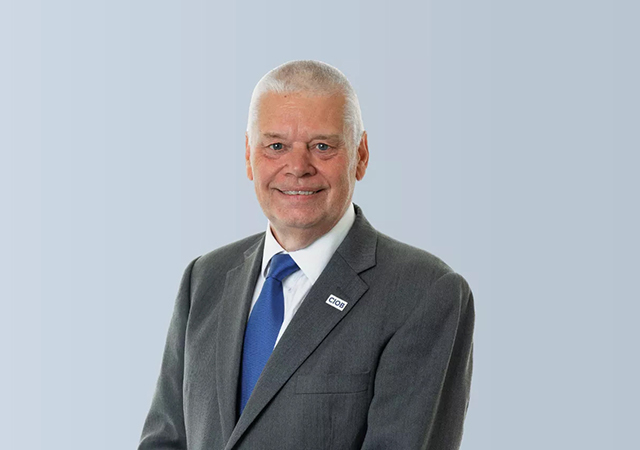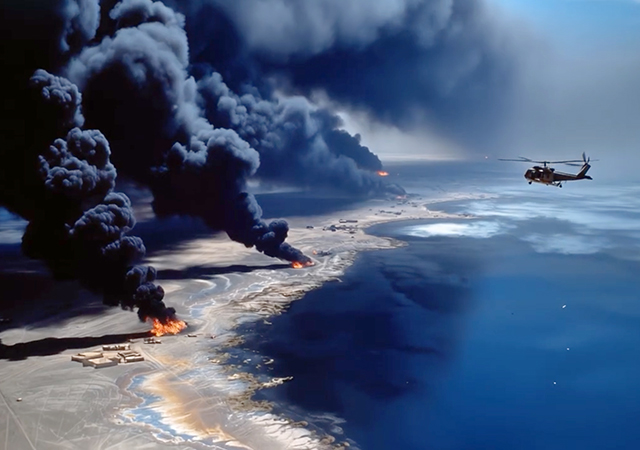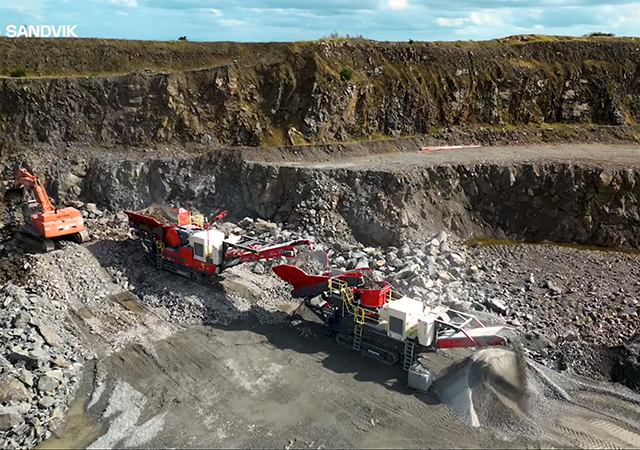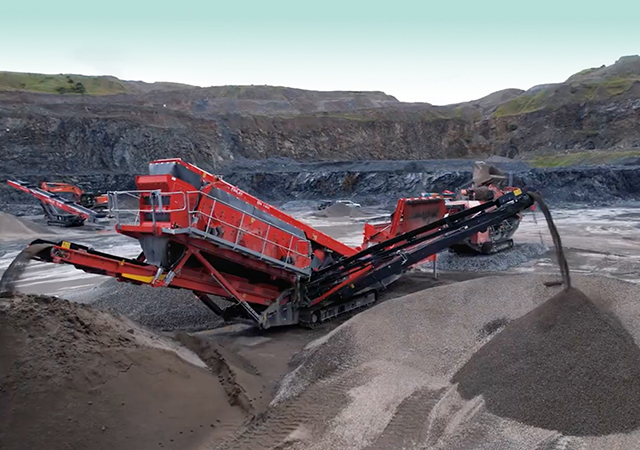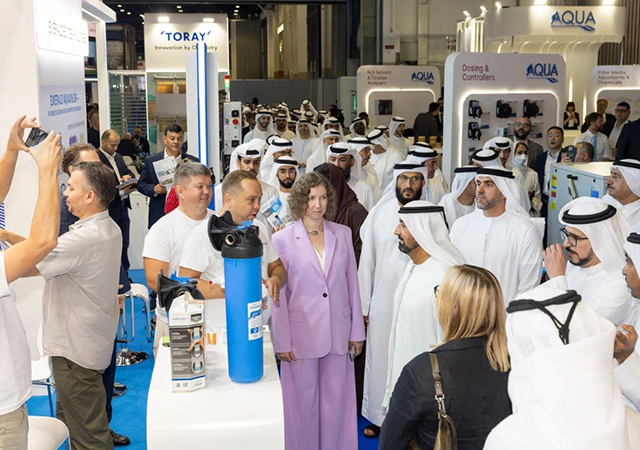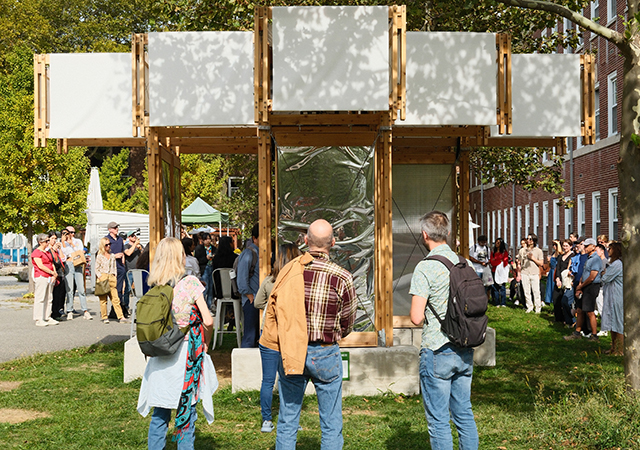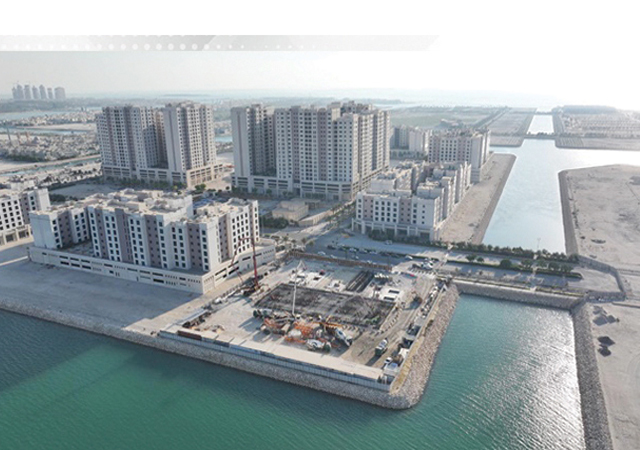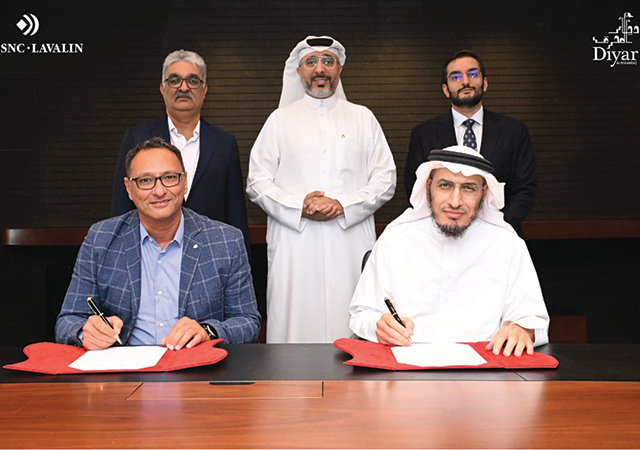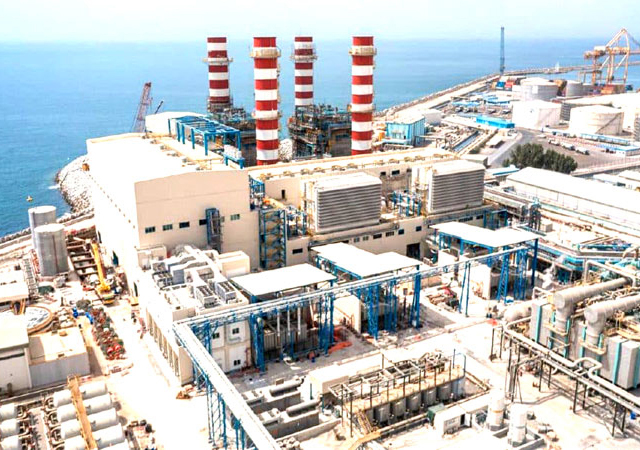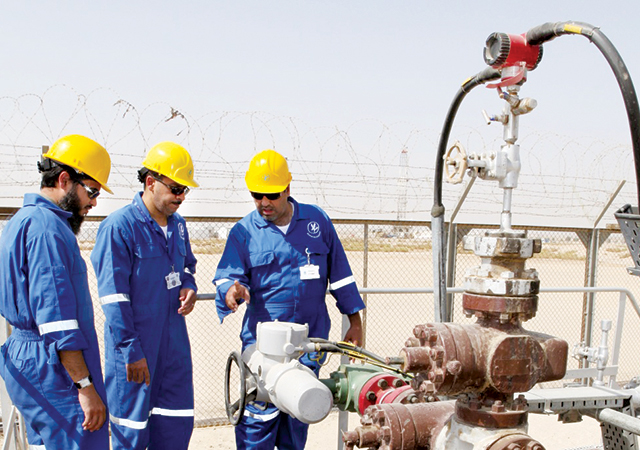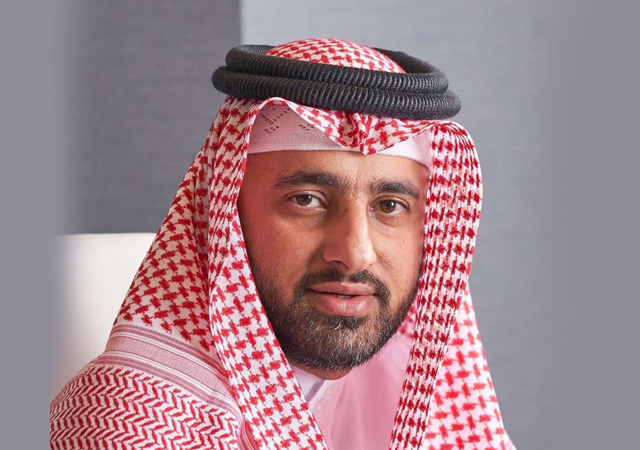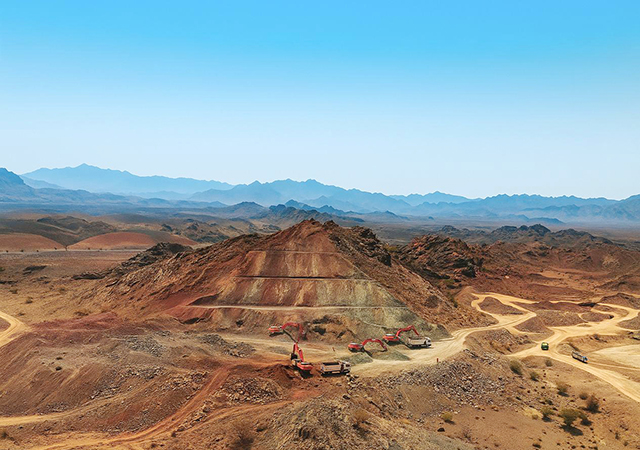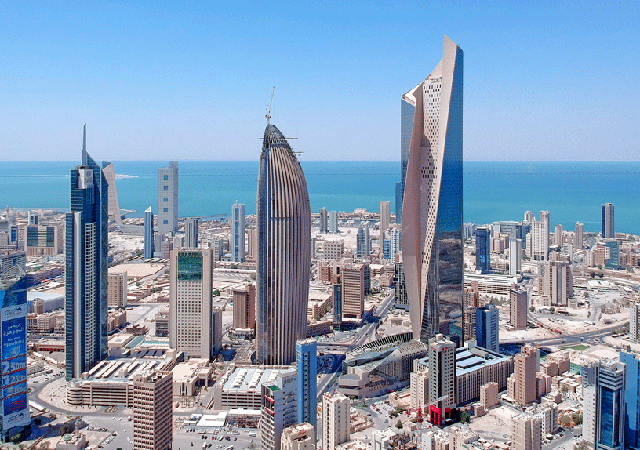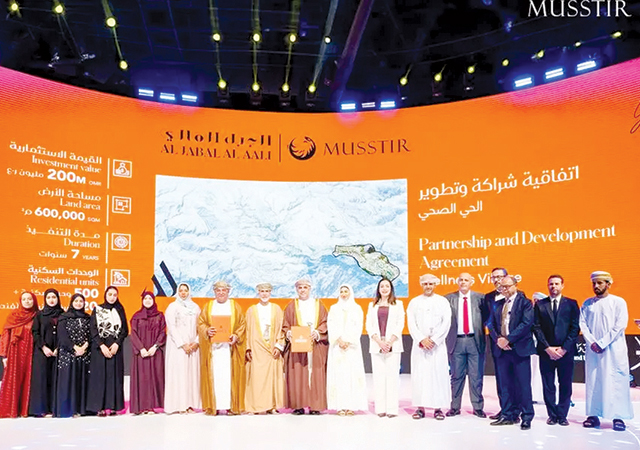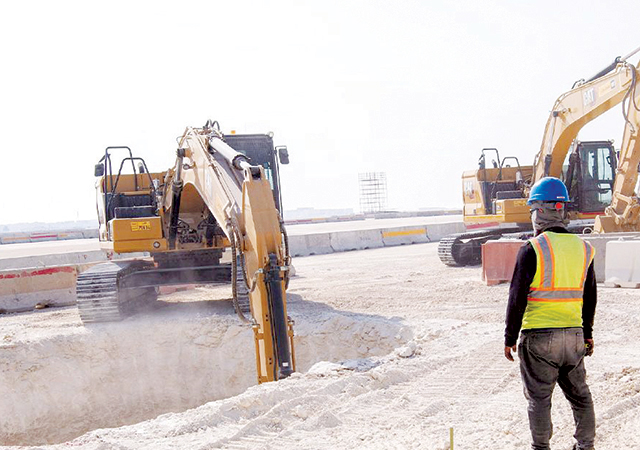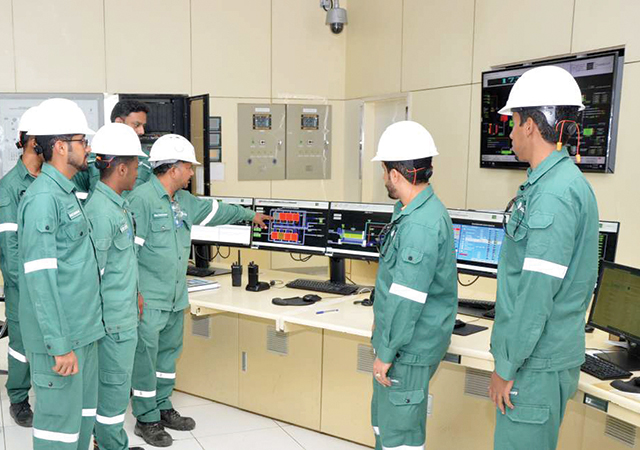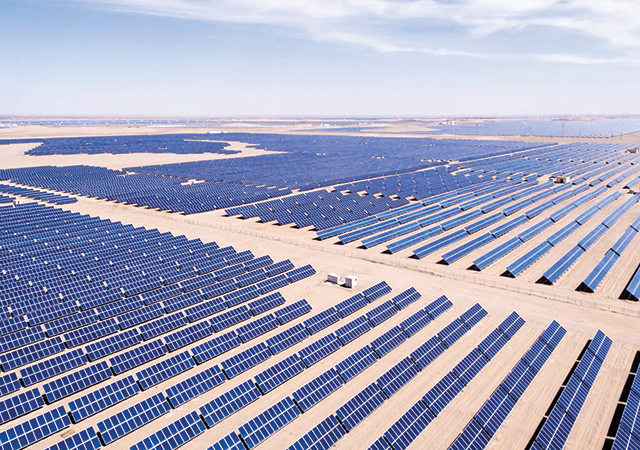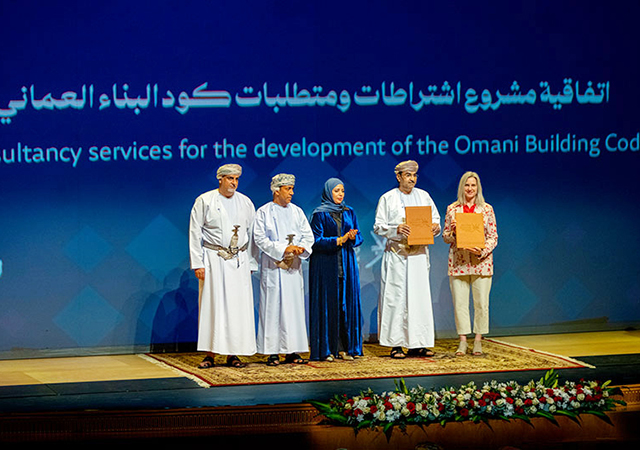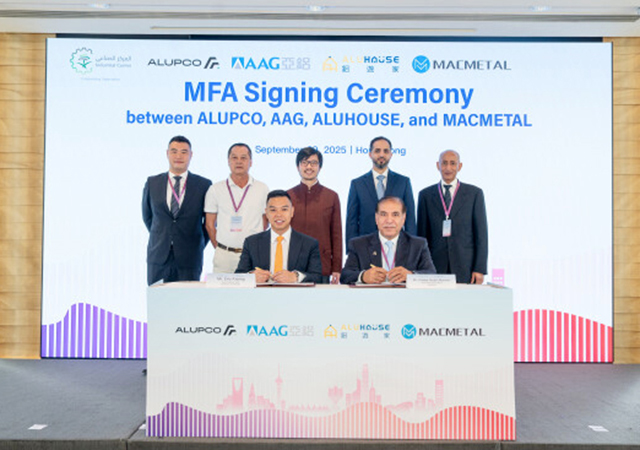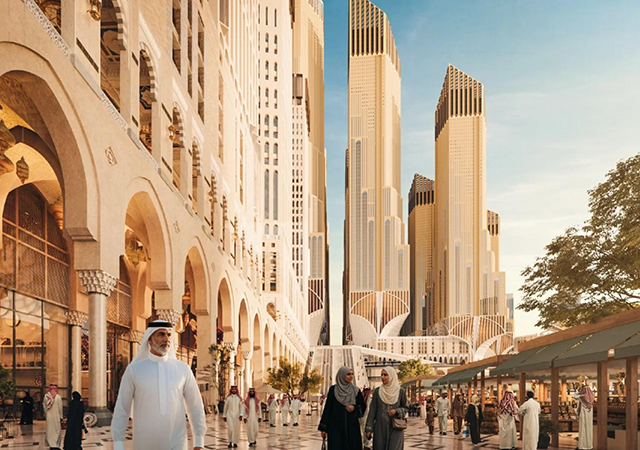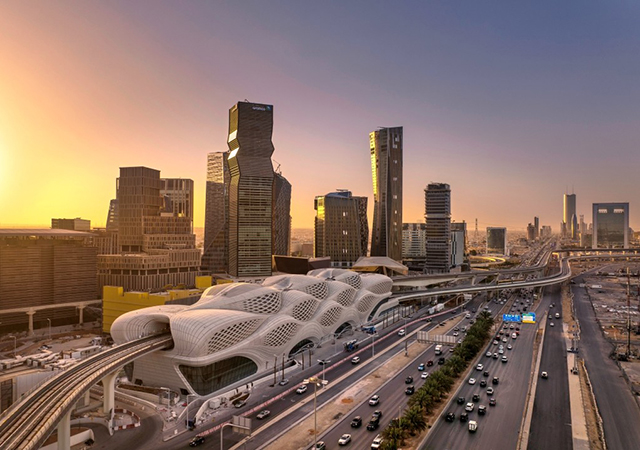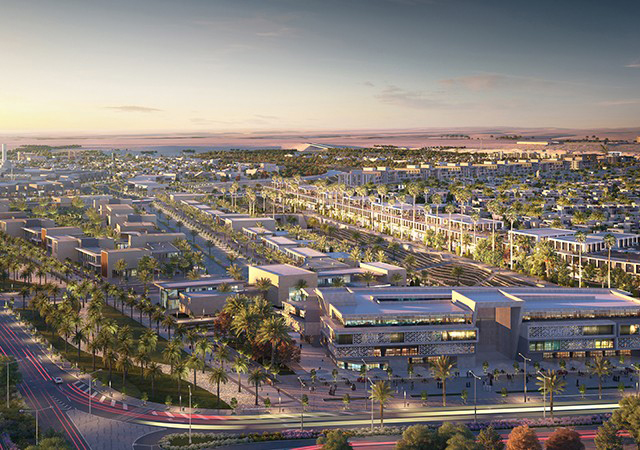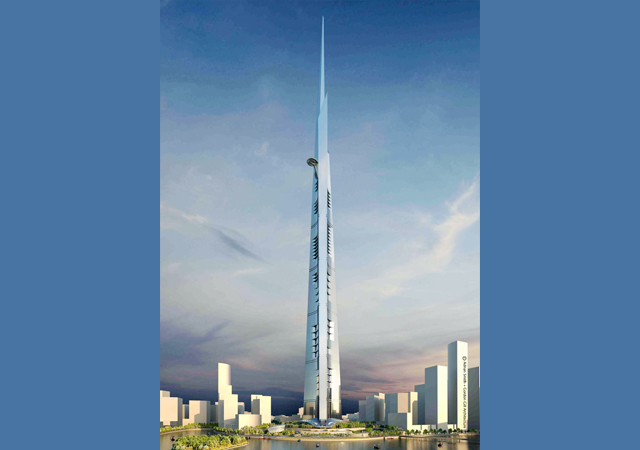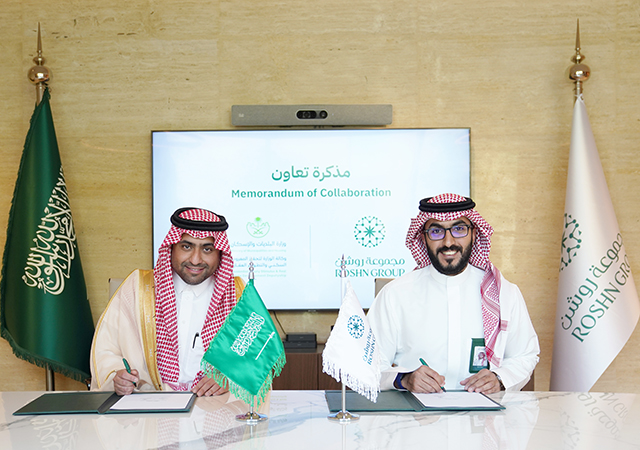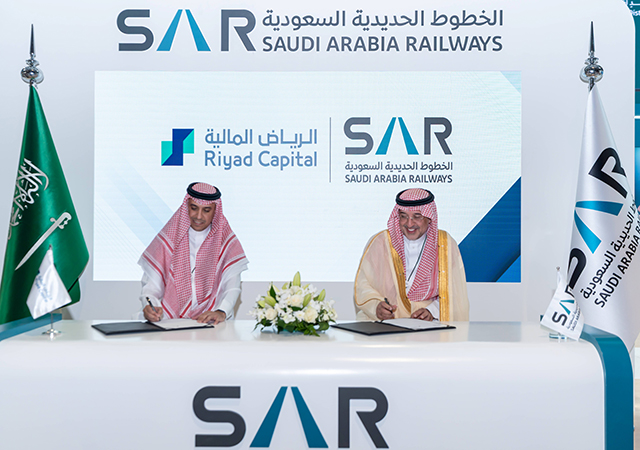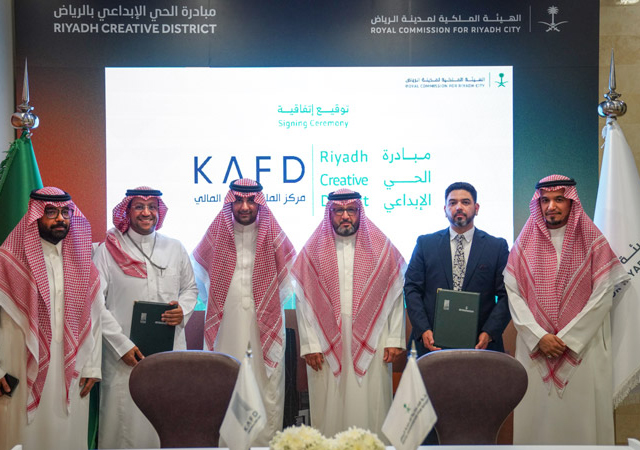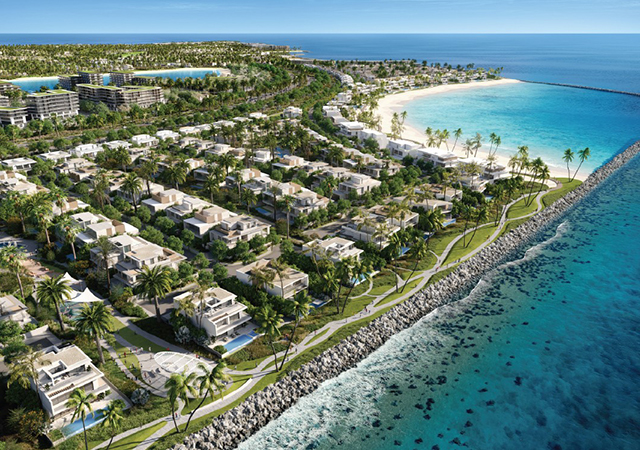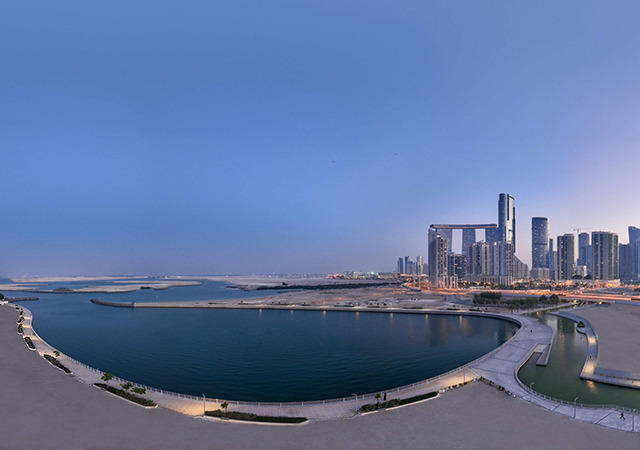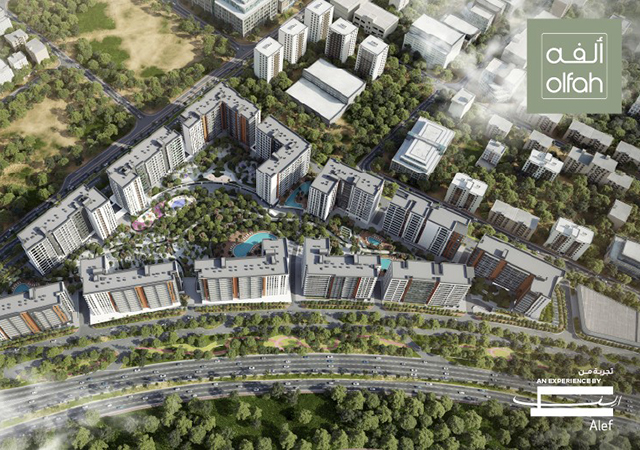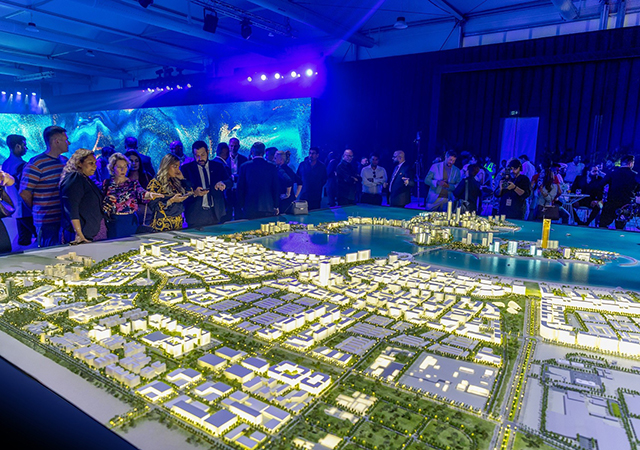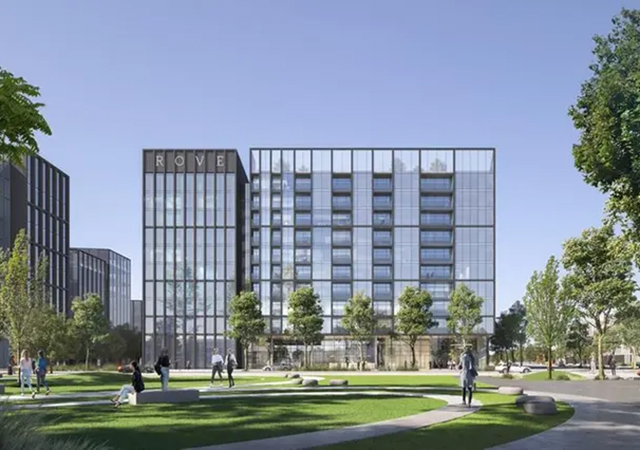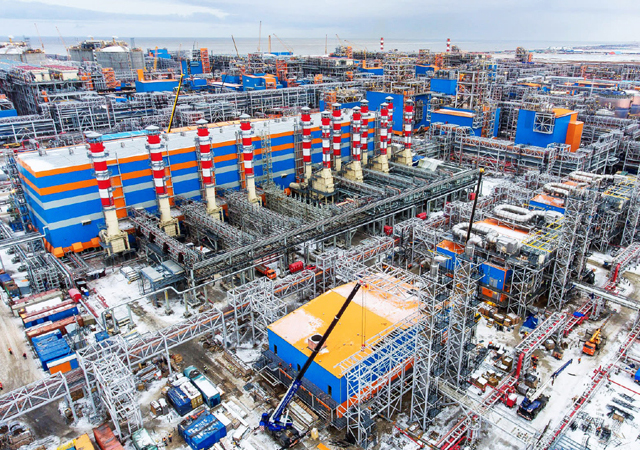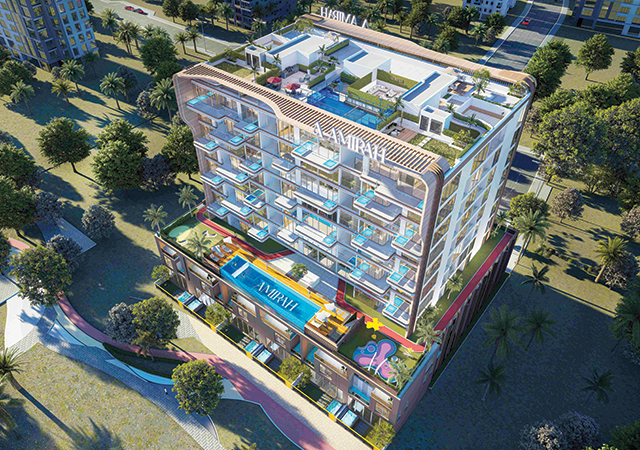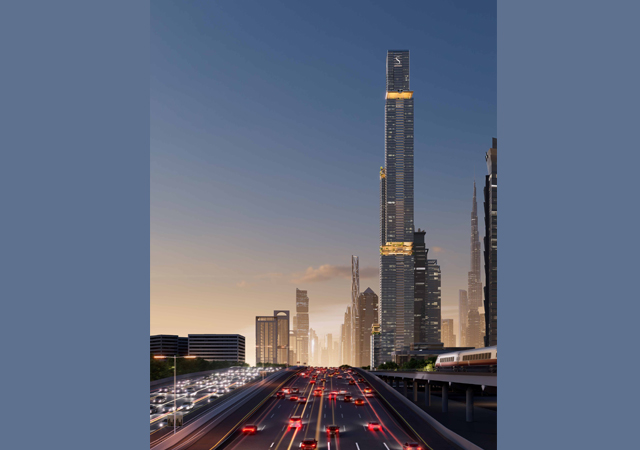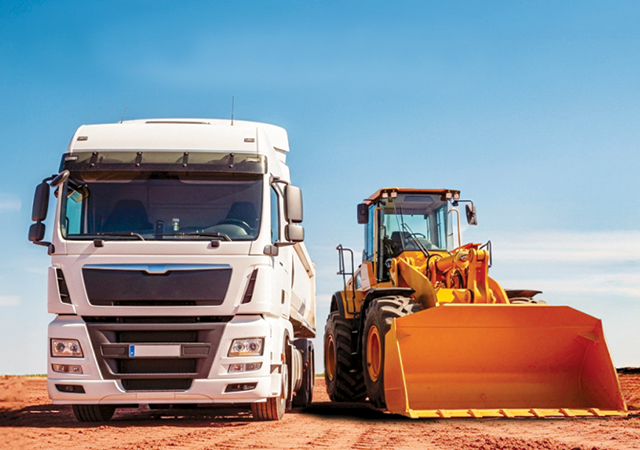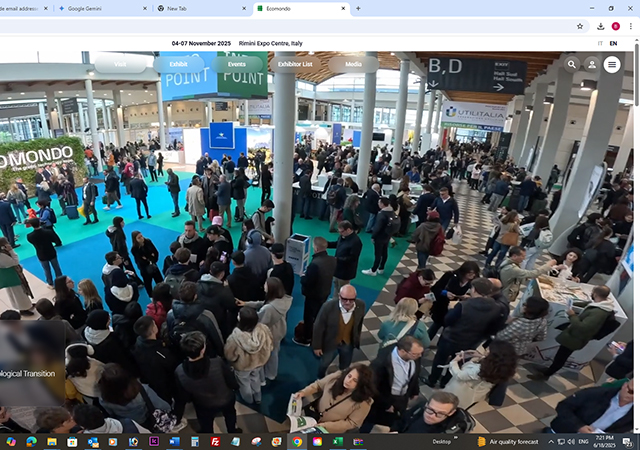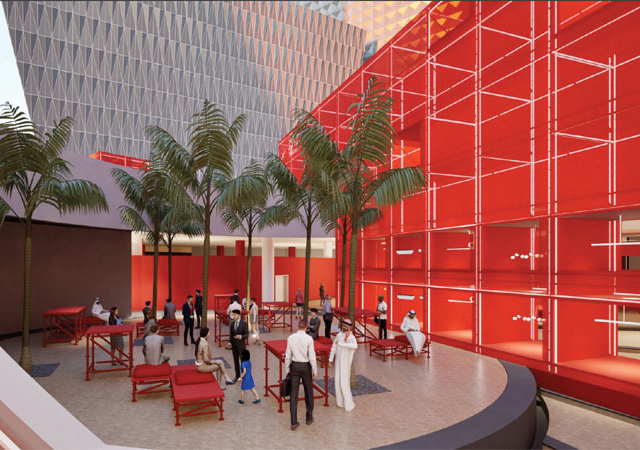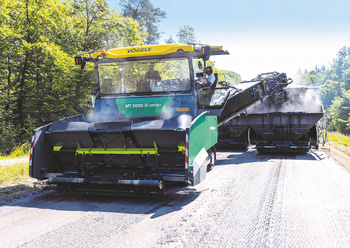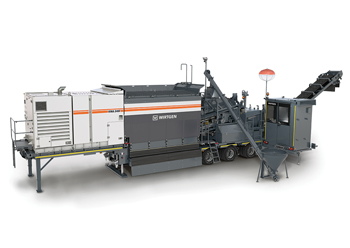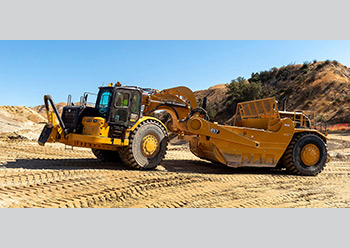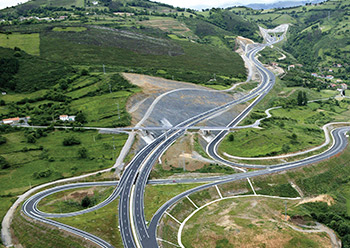
 Acciona has built 1,700 km of roads, 600 bridges and 600 km of tunnels corresponding to hundreds of projects over the past decade.
Acciona has built 1,700 km of roads, 600 bridges and 600 km of tunnels corresponding to hundreds of projects over the past decade.
Roads cut journey times, shorten distances and connect people and businesses, galvanising and fostering the development of entire regions. These connections are and will remain vital for the purpose of uniting a territory and channelling economic activity to distant points or areas with less activity.
This principle not only applies to in-country connections. Thanks to years of this vision, the GCC countries currently have an extensive network of roads, bridges and tunnels across the region interconnecting the major trading and leisure hubs. Some of these projects include the Saudi-Oman Highway, a 680-km road that links the sultanate and Saudi Arabia, which has reduced the previous road distance by 800 km, and thereby shortened travel time between the two countries.
Another cross-country project was the Mafraq-Ghuwaifat International Highway between the UAE and Saudi Arabia, a $5.3-billion project that links Abu Dhabi to the Saudi border. Saudi Arabia itself has completed 55 road projects worth SR4.98 billion ($1.32 billion) and approved 70 new projects last year, while the UAE has ongoing road development projects to the tune of Dh9.7 billion ($2.64 billion) aimed for completion this year. The number and scale of road infrastructure development in the UAE makes it, undoubtedly, one of the most attractive places for the construction industry.
 |
|
Acciona has carried out major road projects worldwide. |
The road network fully connecting a region will be a key factor in determining its competitiveness, the strength of its economy and even its social development.
Some of the key factors that major players in the road construction sector need to focus on to stay ahead of the game is utilising the latest methodologies and upgrading skills, digitalisation and automation, while respecting the environment.
Among the leaders in the road, bridges and tunnels construction sector is Acciona, which throughout its history has participated in road construction efforts alongside governments and users to ulitise its long experience and deep knowledge on several hundred projects that today form part of the highway infrastructure of many countries across the world. In the past decade alone, the company has built 1,700 km of roads corresponding to literally hundreds of projects, along with 600 bridges and 600 km of tunnels throughout its history.
Acciona has carried out the construction, maintenance and management of all kinds of highways, motorways and roads across the world, applying the most innovative and sustainable building solutions to maximise their usefulness and minimise the environmental impact.
 |
|
One of Acciona’s TBMs used on the Dubai Metro project. |
Tunnelling technologies
In the construction sector, improving methodologies and processes utilised is the route to achieving competitive advantages in terms of innovation, quality, improved performance, cost reductions, among others. For instance, the use of tunnelling machines has contributed greatly to the expansion of land transport worldwide.
One of the critical factors in tunnelling is selecting or adapting the right tunnelling boring machine (TBM) and recognising the actual need of it against a more traditional method.
To meet all these challenges, in any location in the world, Acciona owns different types of TBMs: open-type main beams, single shield, double shield, earth pressure balance, hydro shield, and so on. Its engineers and technicians are able to adapt them to any eventuality the project presents. These machines are colossal in size: they reach up to 100 m long, with excavation diameters up to 18 m and can weigh 2,800 tons – being as long as nine buses, as high as a five-storey building and as heavy as seven fully-loaded Boeing 747s. Watching these huge cylinders open up the earth is a unique spectacle and no less astonishing is how they leave behind them a structure of perfectly assembled segments that hold up the tunnel safely. In production terms, its tunnelling machines bore through over 1,000 m of rock a month.
Acciona’s leadership in the construction of roads, railway lines and suburban trains has positioned it among the leading experts in design and construction of all kinds of tunnels.
Environment focus
Additionally, the industry needs to ensure that the environment is respected and preserved during a project so it is necessary to take a series of additional measures in order, for example, to avoid acoustic contamination or carbon emissions (the construction industry generates between 25 to 40 per cent of the world’s carbon emissions).
To deal with this problem, Acciona puts an acoustic ship to reduce the noise generated during the excavation work. It also solves the carbon emissions issue by placing a material evacuation tape up to kilometre long, which eliminates the need for more than 180,000 trips of debris trucks to a nearby quarry. The result? The company avoids the emission of more than 1,000 tons of carbon dioxide into the atmosphere.
Digitalisation & Automation
Digital transformation is playing a leading role in our field and the construction sector anticipates a technological surge: according to a recent Davos forum, some €100 billion ($121 billion) is expected to be spent for digitalisation by 2025 ... a huge opportunity. Key studies have indicated that in recent decades, many industries have boosted their productivity above 150 per cent and the construction sector is now following this trend through leading digital applications that reach unprecedented levels of efficiency. And what is more, studies suggest that companies that are digitalised earn eight per cent and are 20 per cent more profitable than those are not. Besides, the gradual increase in the use of technology has also resulted in the improvement of the quality and safety of works and projects, reducing human errors and risk of accidents. For all this, the training of future professionals must be oriented, without further delay, towards this new paradigm.
Acciona is also working on several pilot projects on digitalisation that it is currently applying in large works around the world: augmented reality; solutions to develop pavements adapted to new challenges and achieving an efficient, smarter and safer mobility, while maintaining sustainability principles; and the use of eco-friendly materials for a new concept of asphalt pavements for a sustainable environment, to cite an example.
We are also living in an exciting time of increasingly accessible technologies that allow us to develop vehicles and manage fleets that are increasingly intelligent, flexible and adaptive to the environment, like the automated guided vehicles (AGVs). In the near future, companies will comfortably operate fleets from an office through artificial intelligence and network infrastructure.
In the construction field, the need to standardise the different types of vehicles and their connectivity will make each project a small smart city where all the teams collaborate, move, communicate and act under the same standards of communication and supervision.
We are witnessing an exciting time of increasingly accessible technologies where the construction sector cannot lag behind. This new era offers opportunities based on regulation, technology and talent. We are immersed in the fourth industrial revolution that, like the previous ones, generates fear of the unknown. However, we have to see it as a key opportunity – only then will we be able to make the most of the advantages.



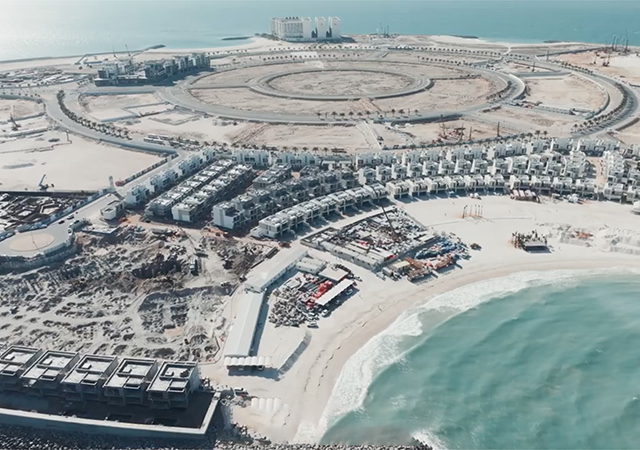

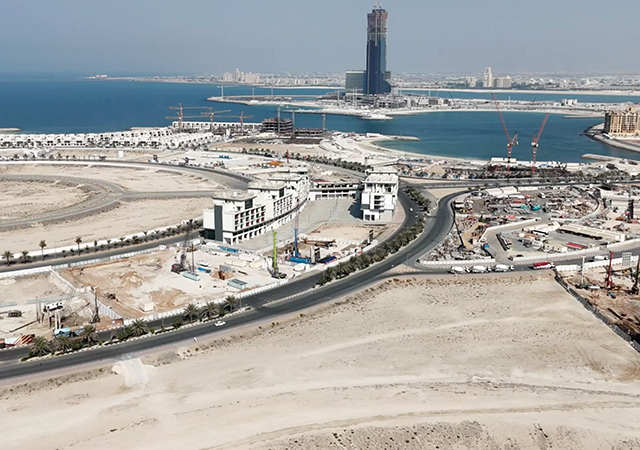
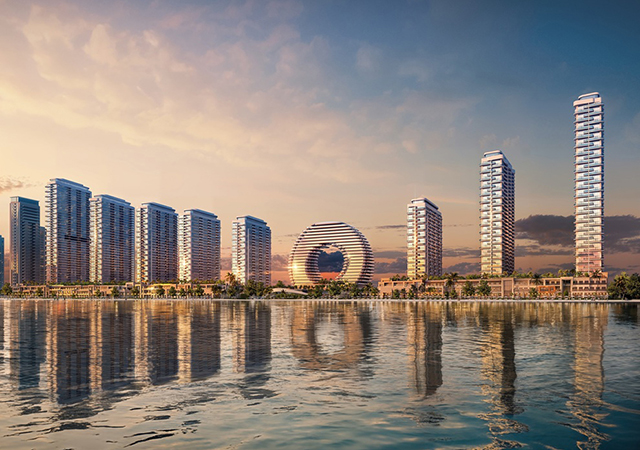

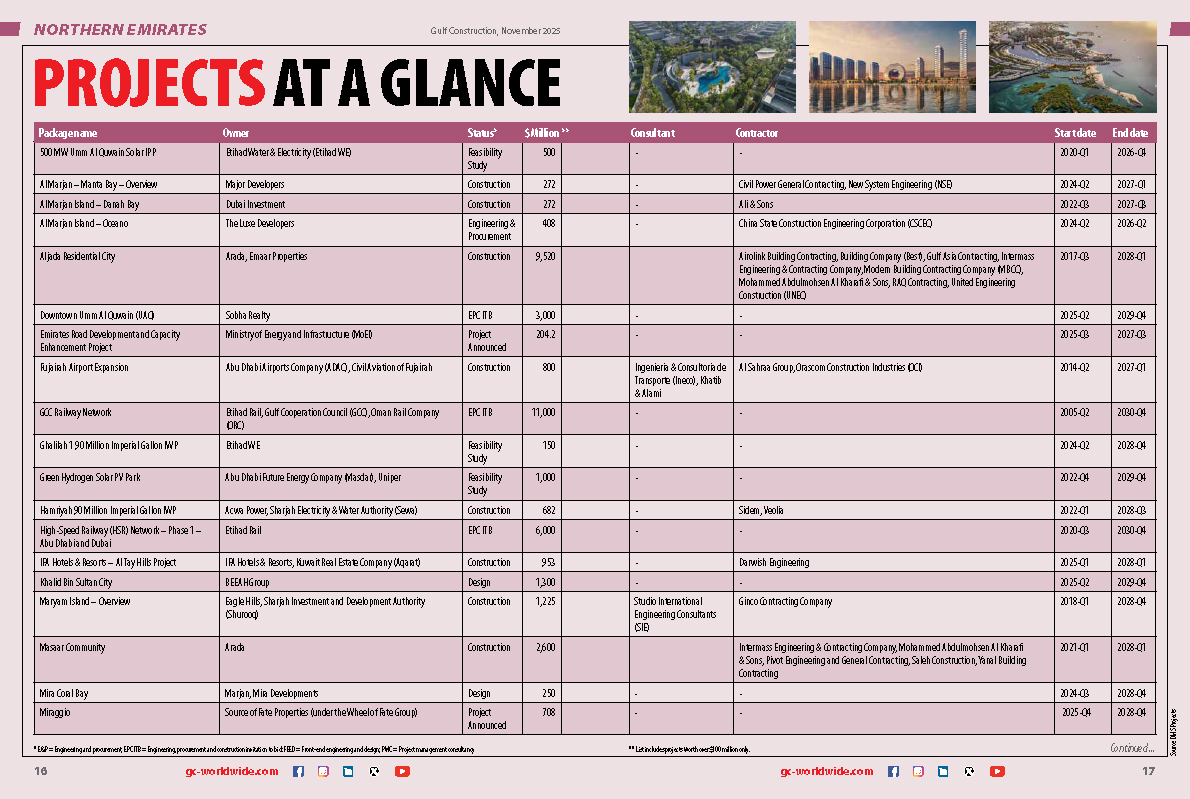
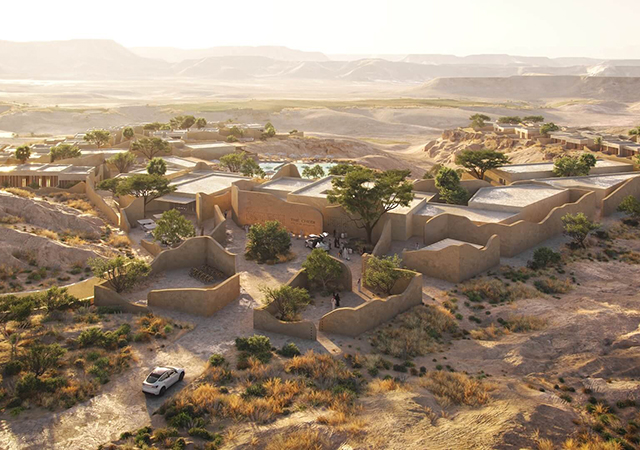

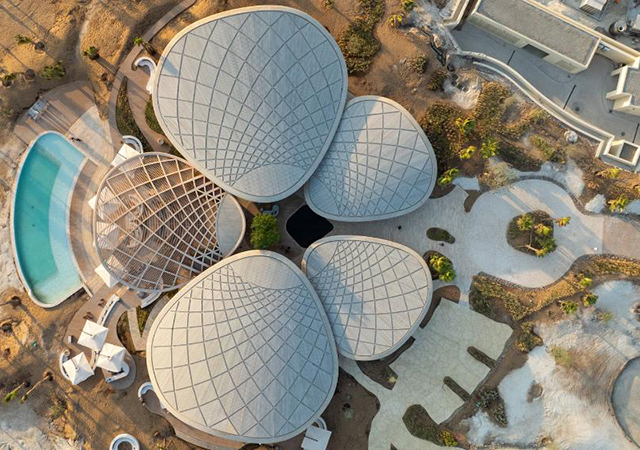

(5).jpg)
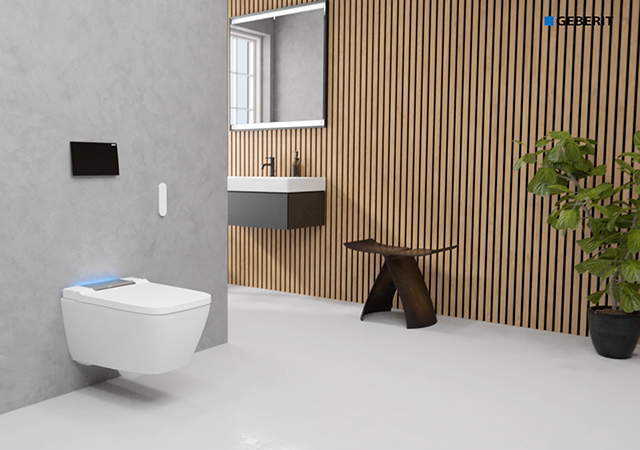



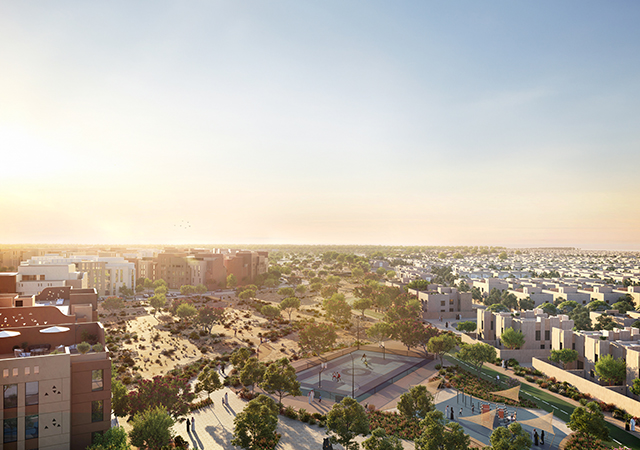
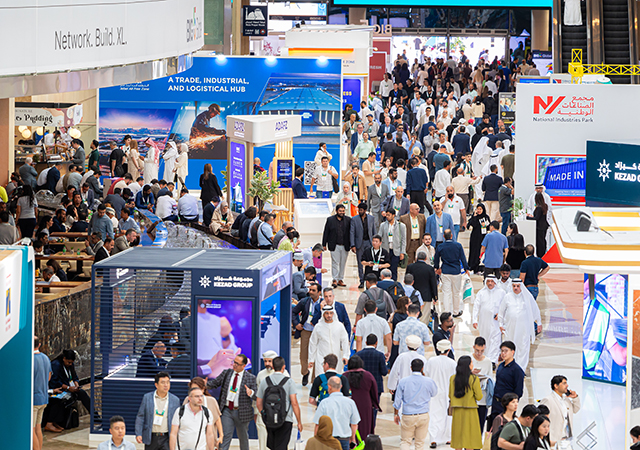
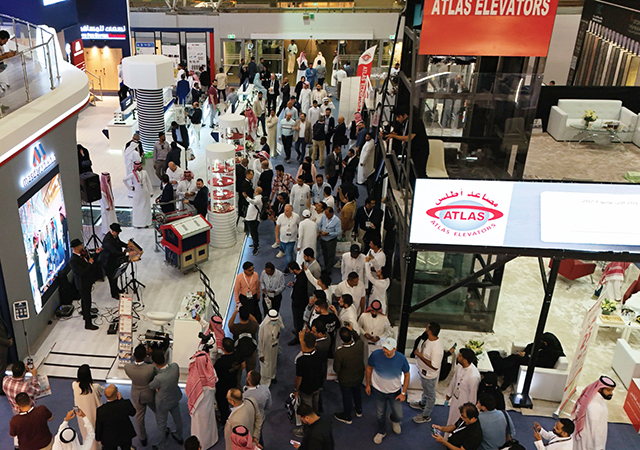
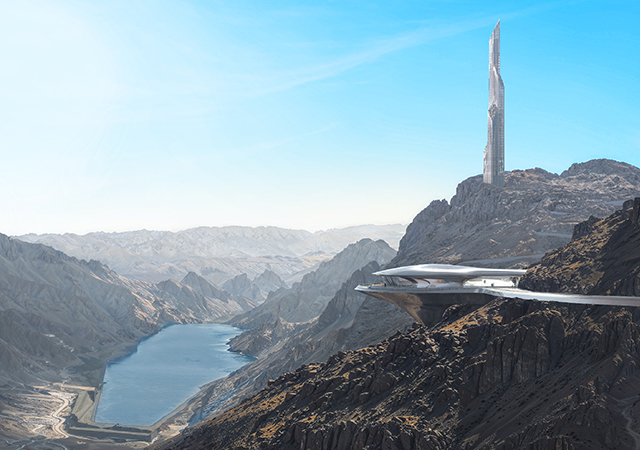
.jpg)
